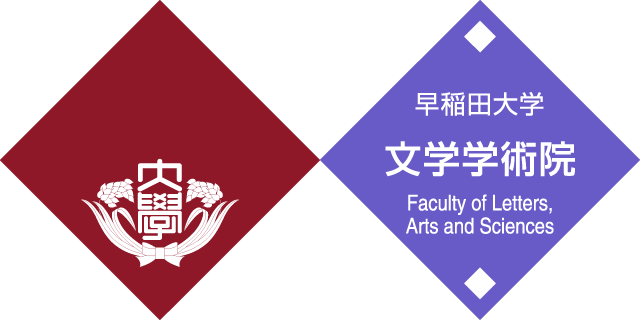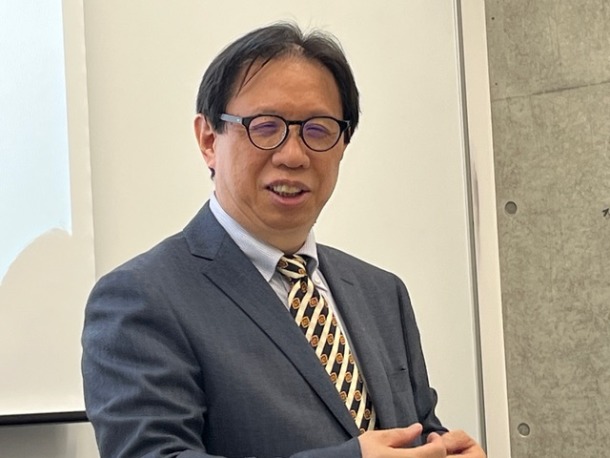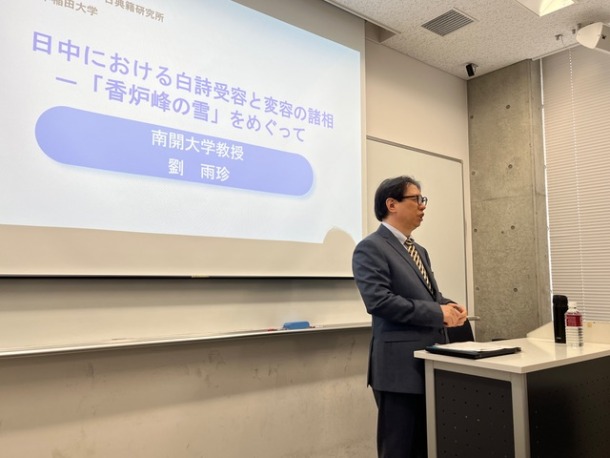- News
- Event Report: Nankai University Professor Liu Yuzhen Lecture
Event Report: Nankai University Professor Liu Yuzhen Lecture
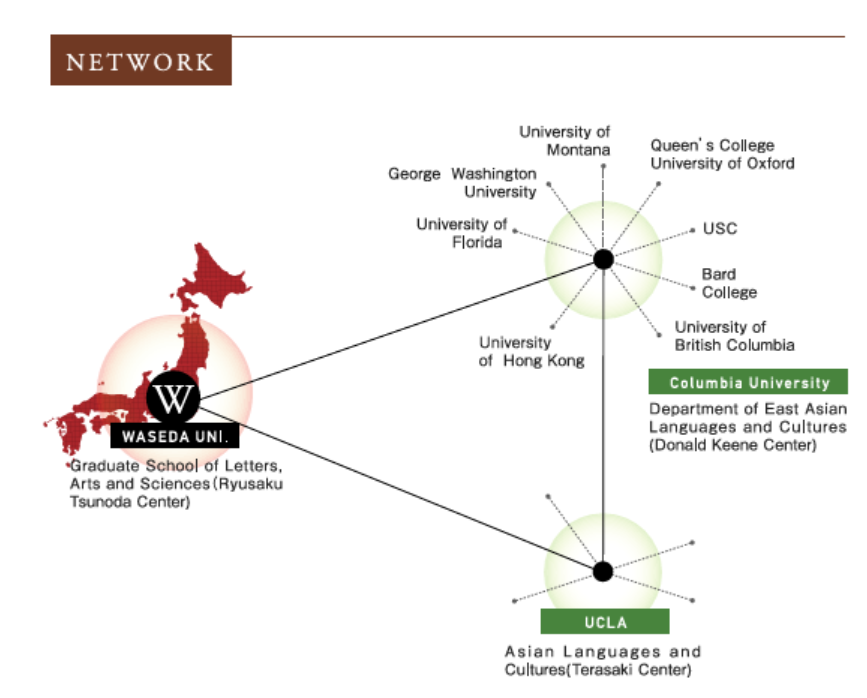
Dates
Add to calendar0327
THU 2025- Place
- 戸山キャンパス33号館432教室
- Time
- 15:00~17:00
- Posted
- Wed, 30 Apr 2025
Professor LIU Yuzhen of Nankai University is renowned for his contributions to the study of Japanese classical literature centered on the Nara period and for his research on literary and cultural exchange in East Asia, especially brushtalk (Bitan, hitsudan) documents. On this occasion, Professor Liu was invited to give a lecture titled “Aspects of the Reception and Transformation of Bai Juyi’s Poetry in Japan and China: On ‘The Snow on Xianglu Peak.’”
Professor Liu opened his lecture with the famous scene from Sei Shōnagon’s Pillow Book about snow on Xianglu Peak (Kōro Peak in Japanese), pointing out that the poem by Bai Juyi on which this episode is based is more widely known in Japan than in China. Liu also raised the difficulty of interpreting the characters 簾 (sudare or reed blinds) and 撥 (kaka[gete] or to lift or flick up) that appear in Bai’s poem: “I lift up the reed blinds to gaze at the snow-covered peak of Xianglu.” According to Liu, this poem came to be widely celebrated in Japan—particularly the lines “As I prop myself up on my pillow and listen to the Yiai Temple bells / I lift up the reed blinds to gaze at the snow-covered peak of Xianglu”—through its excerpted inclusion in the Wakan rōei shū anthology. Meanwhile, in China, this poem and the collection to which it belonged were understood as expressions of Bai’s deep longing for the distant capital. Professor Liu contrasted these differing modes of poetic appreciation—a tendency to enjoy excerpted lines and phrases in Japan and an attention to broader poetic context in China. Liu then continued to explore Bai’s legacy in the poetry of Sugawara no Michizane and later Chinese literature, including the ci poetry of Su Shi in the Song dynasty, tracing the reaches (and limitations) of Bai’s literary influence over time. Liu also introduced medieval and early modern Japanese texts, as well as later materials such as Meiji-era written exchanges between Miyajima Seichirō and Huang Zunxian, a diplomat of the late Qing dynasty, in which the “snow on Xianglu Peak” scene from the Pillow Book appears, each time undergoing interpretive transformations.
Beginning with the case of Bai Juyi, this lecture demonstrated that while Japanese and Chinese literature and culture have long shared deep connections, we must attend not only to their similarities but also to their differences, for it is in these points of divergence that we may uncover profound insights and urgent questions.
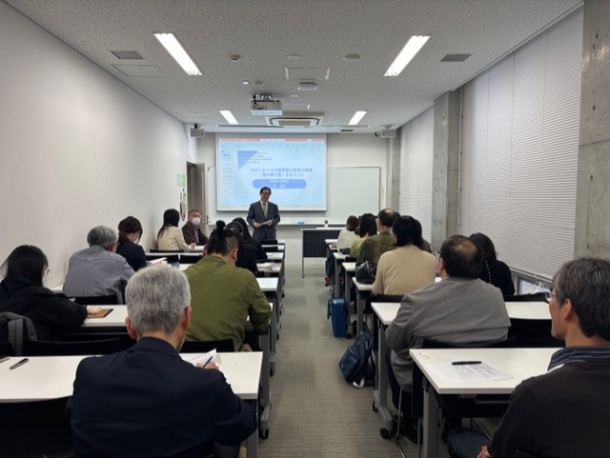
Following the lecture, Professor YOSHIHARA Hiroto of Waseda University’s Faculty of Letters, Arts, and Sciences offered comments that led into a lively Q&A session. Despite the limitations of time, the event concluded on a high note with a rich and vigorous discussion.
(Written by KONO Kimiko in Japanese ver.)
Event Overview
- Date and time:March, 27 15:00〜17:00 (JST)
- Format:Face to face
- Venue: Rm. 432, Bldg. 33, Toyama Campus
- Speaker:LIU Yuzhen (Professor at Nankai University)
- Subject Title:“Aspects of the Reception and Transformation of Bai Juyi’s Poetry in Japan and China: On ‘The Snow on Xianglu Peak.’”
- Organized by:Ryusaku Tsunoda Center of Japanese Culture, Waseda University / Research Institute of Japanese Classical Books at Comprehensive Research Organization, Waseda University
- Tags
- Event Reports
